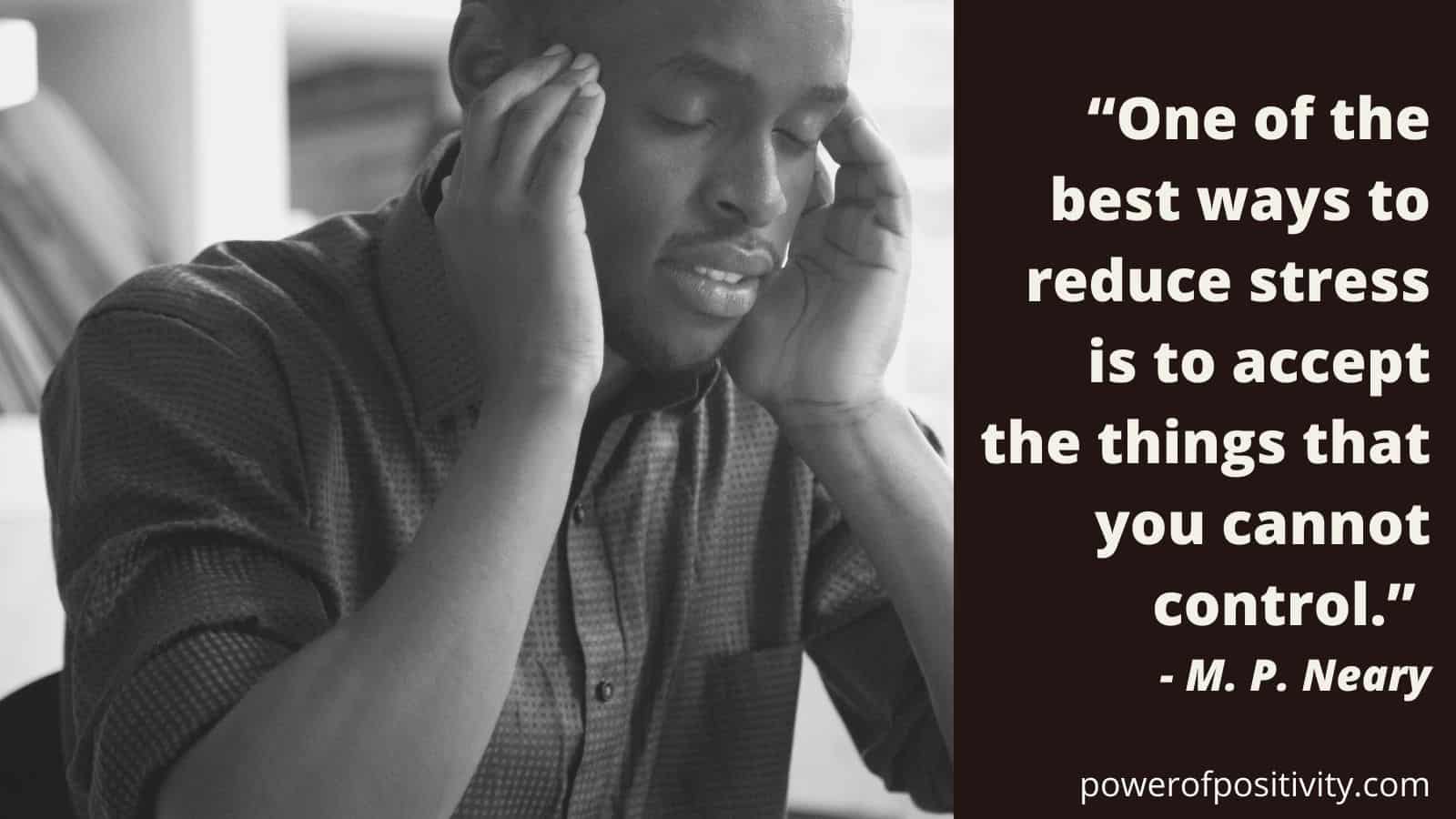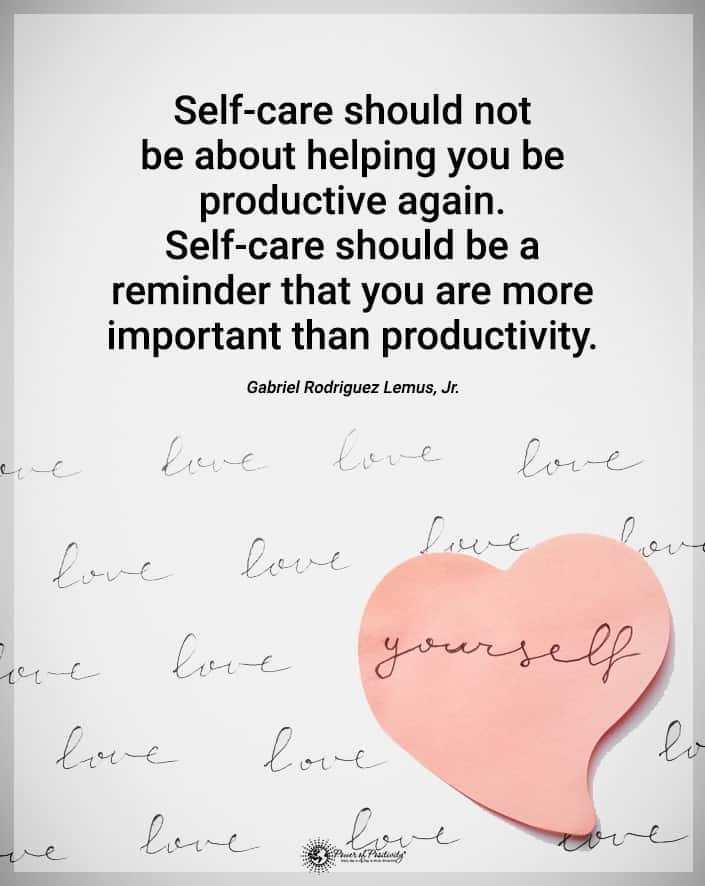A stress headache is often called a tension headache, and it can be mildly to moderately painful.
This type of headache is common, and most people experience them at some point in their life. Knowing the signs of a stress headache can help you identify the type, making it easier to relieve the pain.
You can learn to manage tension headaches by making healthy life changes and identifying your triggers. Knowing which situations cause these headaches can help you prevent them or ease their effect. Learning when to take a break makes all the difference, and building coping mechanisms for when you can’t walk away will help, too.
Finding natural ways to relieve the pain of stress headaches is easier than you might think. It only requires a few positive lifestyle changes, and you will quickly notice the difference. Otherwise, the headaches can last anywhere from 30 minutes to 72 hours and cause lots of discomfort.
Headaches happen as a result of stress because it increases cortisol levels in your body. When the levels increase, your fight-or-flight response kicks in, triggering a headache. Other things that can trigger a tension headache include consuming too much alcohol or caffeine, dental problems, prolonged eye strain, smoking, fatigue, or overexertion.
Ten Early Signs of a Stress Headache
 1. Headaches Consistently Get Worse or More Frequent
1. Headaches Consistently Get Worse or More Frequent
If you don’t usually get headaches and get them regularly, it could be a red flag. An unusual onset of headaches is a significant sign that you are experiencing tension headaches, especially true if the headaches start increasing in intensity or frequency.
The pain from a stress headache is similar to a migraine, so it can be hard to differentiate sometimes. Headaches caused by stress usually don’t affect your daily activities, though, even with worsening symptoms.
2. No Light or Sound Sensitivity
You can generally assume that you are experiencing a tension headache if you are not oversensitive to light or sound. Bright lights and loud sounds won’t help your headache, but they won’t make it much worse, either.
3. Occurs on Both Sides of the Head
This type of headache usually occurs on both sides of your head. The pain will feel like intense pressure, whereas the symptoms of a migraine are so much different. If it happens on only one side of the head, it could be a migraine instead of a tension headache.
4. The Headache Begins in the Afternoon or Evening
If your headaches often begin later in the day or at night, it is a good sign that stress is the cause. As the stresses of your day pile up, a tension headache can set in when it becomes too much.
Finding positive coping methods throughout the day can help release some of the problems later on. You can also try to identify which parts of your day are the most problematic and finding ways to change them.
5. Dull, Aching Pain or Discomfort in the Head, Scalp, Neck, or Shoulders
Anytime you experience pain, tension, or discomfort in these areas, it could indicate a tension headache. You will likely notice a dull, throbbing pain on the top, sides, or front of your head. Your muscles will become tense and hard, especially in the shoulder and neck area.
When you’re experiencing a stress headache, the muscle pain and tenseness will begin before the headache starts. Plus, the tense muscles can continue even after the headache has gone away. e
6. The Headache Is Accompanied by Other Signs of Stress or Anxiety
When the headache comes along with other signs of stress, it’s a good indicator that it is tension-related. You might experience irritability, muscle aches, jaw, neck, or back pain, and insomnia. Additionally, you might notice that you have a short temper.
Another sign of stress that might accompany this type of headache is poor concentration. You might struggle to focus on your daily activities because you are too focused on the dull pain.
Plus, you might have trouble sleeping due to an overwhelming amount of stress. It can make it hard for you to wind down at night, making falling asleep and getting rest will be hard. A lack of sleep can lead to even more tension headaches, too.
Even as you have trouble sleeping, you will feel a constant state of fatigue. You will feel constantly tired, making the situation worse and exacerbating the other signs of stress.
7. You Aren’t Experiencing Neurological Symptoms or Nausea
With a migraine, you will likely experience neurological symptoms and nausea. If you don’t have those symptoms, you could have a stress headache instead. You won’t have a change in vision, hearing, or sense of smell.
Migraines also cause nausea and vomiting, often as a result of neurological changes. If you don’t have nausea, you might have a tension headache rather than a different type.
8. Headaches Occur During Times of Disruption
Anytime your life or well-being is disrupted, you run the risk of developing a tension headache. A disruption could include being short on sleep or missing a meal. Or, it could be that you overdid it while working out or doing other physical activity.
9. Sensation of Tightness or Pressure
Tightness or pressure on your forehead or the sides and back of your head is a sign of stress. It almost feels like a tight band is wrapped around your head, causing a dull, uncomfortable pain.
10. You Don’t Feel Sick
If your head hurts, but you don’t feel sick in any other way, it could be due to tension. A headache with the absence of fever, congestion, or body aches is an indication that you are stressed out.
 Seven Simple Ways to Relieve the Pain
Seven Simple Ways to Relieve the Pain
Dealing with a stress headache is not a good time, and it can worsen if you don’t find a remedy. The thing you choose to do to relieve the pain will depend on how severe the pain is and the duration of your headache.
1 – Take a Break
If taking a break is an option, don’t hesitate or waste time before stepping away. Tension headaches can occur because the activity you are working on is causing stress. Try taking a break from that activity and working on something else to see if that reduces the pain.
2 – Meditate
Meditation can quickly ease stress and help you feel more relaxed. Practicing meditation is beneficial in many ways, but relieving tense muscles and stopping stressful thoughts is a big part. As you meditate, you can practice breathing techniques, too, which will help even more.
3 – Do Yoga
Yoga will stretch your muscles while helping you relax and think mindfully. Find yoga poses that are best for you and your lifestyle, and try to do them once every day.
4 – Spend Time Relaxing
Making time for relaxation can relieve the pain of a tension headache relatively quickly. Relaxing will ease stress and anxiety, making it easier for you to reduce the pain.
5 – Practice Self-Care
Taking care of yourself is essential if you want to limit stress and anxiety in your life. Self-care involves getting enough sleep, eating healthy foods, and looking out for your overall well-being. Doing things that you enjoy and spending time on yourself also plays a big role in self-care.
6 – Try Acupuncture
Acupuncture involves having thin needles inserted at specific areas of your body. With acupuncture, energy imbalances and blockages will be eased, which also eliminates pain or tension.
7 – See a Therapist
If your tension headaches become a daily part of your life, it might be worth it to see a therapist. They can help you address the issues that cause tension, stress, and anxiety positively. You will learn to recognize and change negative thought patterns, helping reduce and prevent your headaches.
BONUS TIPS: Other Easy Things You Can Do to Ease a Stress Headache
Aside from the things mentioned before, there are other ways you can relieve the pain of a stress headache. These things include:
- using a heat pack or ice pack on the tense area
- taking a hot shower
- getting enough sleep
- resting or laying down
- taking a walk
- going on a short vacation
- spending time exercising
- drinking more water
- avoiding skipping meals
 Final Thoughts on the Early Warning Signs of a Stress Headache and Some Tips to Relieve the Pain
Final Thoughts on the Early Warning Signs of a Stress Headache and Some Tips to Relieve the Pain
Having a stress headache once in a while is normal, but you shouldn’t let it become a daily event. Find ways to prevent tension headaches from setting in. When you can’t avoid one, make sure to find a way to relieve the pain.
Find ways to relax, and learn to walk away and take a break when you need one. Take care of your mind and body, and spend time exercising, meditating, or reflecting. If you experience frequent tension headaches, you can overcome the cycle.
Learning to work with the stress in your life makes all the difference. Avoiding stress is the best option, but that isn’t always possible. Use these tips to relieve the pain of a stress headache and then work to prevent them altogether.


















